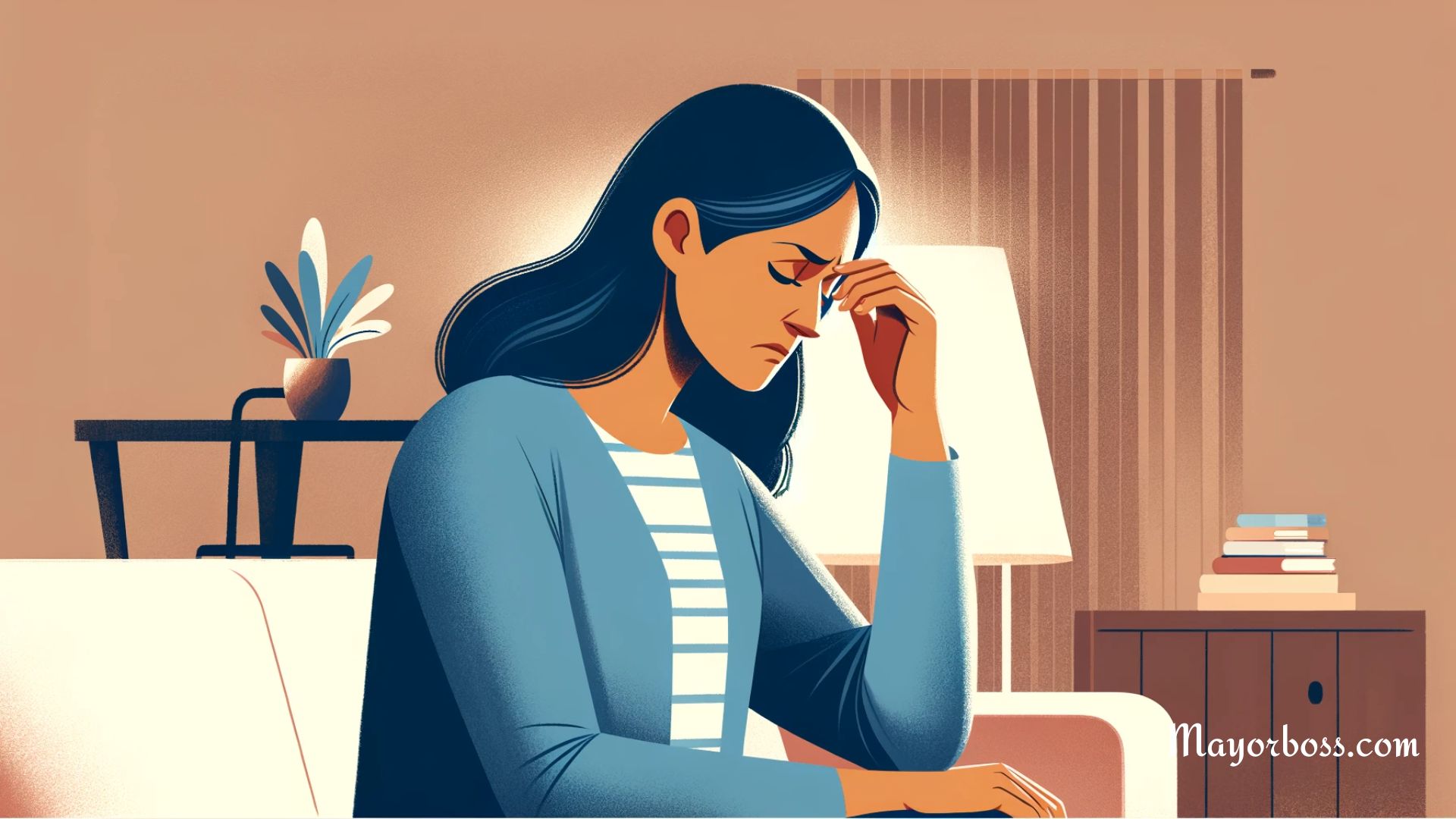Psychotherapy for Anxiety, Depression, and Other Mental Health Conditions
Psychotherapy or talk therapy is a therapeutic treatment used to treat common mental health conditions such as anxiety, depression, and other emotional challenges. It involves talking to a mental health professional who helps you explore your feelings, thoughts, and behaviors. The therapy aims to improve mental well-being by enabling you to understand your issues, manage emotions, and develop healthier habits.
Understanding Psychotherapy
Psychotherapy is more than just talking about your problems. It’s a structured process where you and a trained therapist explore ways to deal with emotional and psychological challenges.
What is Psychotherapy?
Psychotherapy, often called talk therapy, is a method used to treat emotional problems and mental health conditions. Through regular sessions, you and your therapist will delve into your thoughts, feelings, and behaviors, aiming to foster personal growth and healing.

Why Choose Psychotherapy?
For many, psychotherapy provides a way to confront problems in a safe and confidential environment. If you’re struggling with anxiety, depression, or other mental health issues, psychotherapy may be a beneficial part of your treatment plan.
Different Types of Psychotherapy
Understanding the different therapy types can help you choose the best one for your needs.
Cognitive-Behavioral Therapy (CBT)
CBT focuses on identifying and changing negative thought patterns. If you have anxiety or depression, CBT can teach you new ways to react to distressing situations.
Psychodynamic Therapy
Psychodynamic therapy helps you explore unresolved conflicts and symptoms that arise from past experiences. It’s a deep and exploratory therapy that may be suitable if you have longstanding psychological concerns.
Humanistic Therapy
Humanistic therapy emphasizes your positive traits and behaviors and aims to help you grow in self-awareness and self-realization.
Dialectical Behavior Therapy (DBT)
DBT combines cognitive-behavioral techniques with mindfulness strategies. If you suffer from severe emotional instability, DBT can help you develop coping strategies and improve interpersonal relationships.
Mindfulness-Based Cognitive Therapy (MBCT)
MBCT integrates mindfulness practices and cognitive therapy. It’s often used to prevent the recurrence of depression, helping you to recognize and respond to early warning signs in a new way.
Family Therapy
Family therapy focuses on improving family dynamics and relationships. If your family is going through a difficult time or struggling with communication, this method can help everyone involved understand each other better.
Play Therapy
Play therapy is typically used with children to help them express their feelings and thoughts through play. If you have a child who’s dealing with emotional or behavioral issues, play therapy can be a powerful tool.
Art Therapy
Art therapy allows you to express your feelings through artistic creation. If you find it difficult to express yourself verbally, this approach can provide a unique avenue for communication and self-exploration.
Solution-Focused Brief Therapy (SFBT)
SFBT, or solution-focused brief therapy, is a type of therapy that concentrates on finding solutions to your problems rather than dwelling on the problems themselves. It does this by asking you questions about your goals for the future and how you can achieve them. This helps you to focus on the positive and to identify the strengths and resources that you already have.
In a nutshell, SFBT says that the best way to solve your problems is to focus on your solutions. This can be particularly useful if you want to find immediate strategies for dealing with specific issues.
Here is an example of how SFBT might work:
- You are struggling with anxiety.
- Your therapist asks you what your goals are for the future. You say that you want to be able to go to social events without feeling anxious.
- Your therapist asks you to think about a time when you were able to do this. You remember a time when you went to a party and had a good time.
- Your therapist asks you what you did differently that time. You say that you took some deep breaths and focused on the positive aspects of the party.
- Your therapist helps you to develop a plan for using these strategies in the future.
By focusing on your solutions and your goals, SFBT can help you to find immediate strategies for dealing with your problems. This can be a helpful approach if you are looking for a short-term solution to a specific issue.
Narrative Therapy
Narrative therapy views the stories of your life and seeks to re-author them in a more constructive way. It can help you see your problems in a different light and find new meanings and solutions.
Exposure Therapy
Particularly effective for treating anxiety disorders and PTSD, exposure therapy involves facing and controlling fearful memories and feelings. If you’re dealing with trauma or phobias, this technique can be essential in your recovery.
Group Therapy
Group therapy offers a supportive community where individuals with similar issues can share and learn from each other’s experiences. If you want to feel less isolated in your struggles, a group therapy session may be beneficial.
How Psychotherapy Can Help
Psychotherapy can be a powerful tool in treating various mental health conditions. Here’s how it can help:
Treating Anxiety and Depression
By working closely with a therapist, you can learn techniques to manage and reduce symptoms of anxiety and depression. It provides personalized strategies tailored to your specific needs.
Enhancing Emotional Well-being
Through self-exploration and guidance, psychotherapy can enhance your emotional well-being. By addressing underlying issues, you can gain a deeper understanding of yourself, leading to a more fulfilling life.
Building Healthy Relationships
Psychotherapy can also assist in improving relationships by teaching communication and conflict-resolution skills. Whether you have trouble with family, friends, or romantic relationships, therapy can provide the tools to foster healthier connections.
Finding the Right Therapist
Choosing the right therapist is crucial for successful therapy. Consider their credentials, experience, and approach. You must feel comfortable and trust your therapist, as a strong therapeutic relationship can greatly influence the outcome.
Final Thoughts
Psychotherapy offers a personalized approach to understanding and treating mental health issues like anxiety and depression. By working with a skilled therapist, you can explore your thoughts, feelings, and behaviors in a safe environment. The process is collaborative and tailored to your specific needs, offering tools and strategies to foster emotional well-being and healthy relationships. Whether you are experiencing a temporary issue or a chronic condition, psychotherapy can be a valuable component of your overall mental health care plan.






